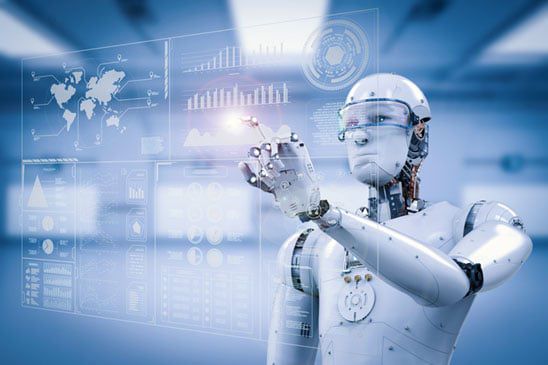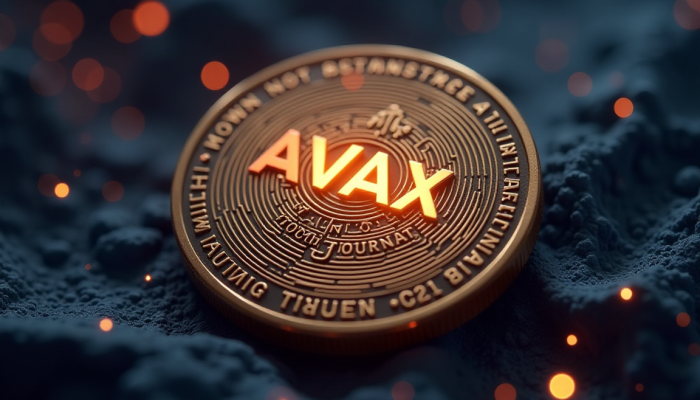Robots and Artificial Intelligence (AI) are two interconnected fields that have been rapidly advancing and reshaping various aspects of our lives. In an ever-changing environment where technology, robots, and AI are being adopted at exponential rates, it is essential to understand their impact and the need for continuous adaptation, learning, and solution design. This article explores the significance, applications, and implications of robots and AI in different domains.
The Rise of Artificial Intelligence:
Artificial Intelligence refers to the simulation of human intelligence in machines, enabling them to perform tasks that typically require human intelligence, such as visual perception, speech recognition, decision-making, and problem-solving. AI systems have the capability to analyze the consequences of previous actions and autonomously adapt their behavior to solve problems . Over the past 50 years, AI technologies have made significant advancements, revolutionizing various industries and sectors.
Robots: Bridging the Physical and Digital Worlds:
Robots are physical machines that are designed to carry out tasks autonomously or under the control of human operators. They often incorporate AI technologies to enhance their capabilities and decision-making processes. Robots can be found in diverse fields, including manufacturing, healthcare, agriculture, transportation, and even in our daily lives. They can perform repetitive and dangerous tasks with precision, efficiency, and endurance, ultimately augmenting human productivity and safety.
Applications of Robots and AI:
a) Manufacturing and Automation: Robots have played a vital role in transforming the manufacturing industry. They can handle complex assembly processes, perform quality control, and optimize production efficiency. AI algorithms enable robots to learn from data, adapt to changing circumstances, and improve their performance over time.
-----Cryptonews AD----->>> <<<-----Cryptonews AD-----
b) Healthcare and Medicine: Robots and AI have made significant contributions to healthcare. Surgical robots assist doctors in performing precise and minimally invasive procedures, reducing risks and enhancing patient outcomes. AI-powered systems analyze medical data, assist in diagnosis, and contribute to personalized treatment plans.
c) Transportation and Logistics: Autonomous vehicles and drones are revolutionizing transportation and logistics. Self-driving cars are being developed to improve road safety and reduce congestion. Drones enable efficient and speedy delivery of goods in remote or inaccessible areas.
d) Customer Service and Virtual Assistants: Chatbots and virtual assistants powered by AI provide 24/7 customer support, answer queries, and assist in various tasks. They enhance user experiences by delivering personalized and prompt assistance.
Ethical Considerations and Challenges:
As robots and AI become more integrated into society, ethical considerations and challenges arise. These include issues surrounding data privacy, algorithmic bias, job displacement, and the potential for misuse. Policymakers, researchers, and industry stakeholders are actively working to address these concerns and ensure responsible and beneficial deployment of these technologies.
Robots and Artificial Intelligence have become integral parts of our rapidly evolving world. They have transformed industries, improved efficiency, and opened up new possibilities. However, their adoption also raises important ethical questions and challenges. It is crucial to strike a balance between harnessing the potential benefits of these technologies while ensuring their responsible and ethical use. By embracing continuous learning and adaptation, we can navigate the ever-changing landscape of technology and leverage robots and AI to create a better future for humanity.





